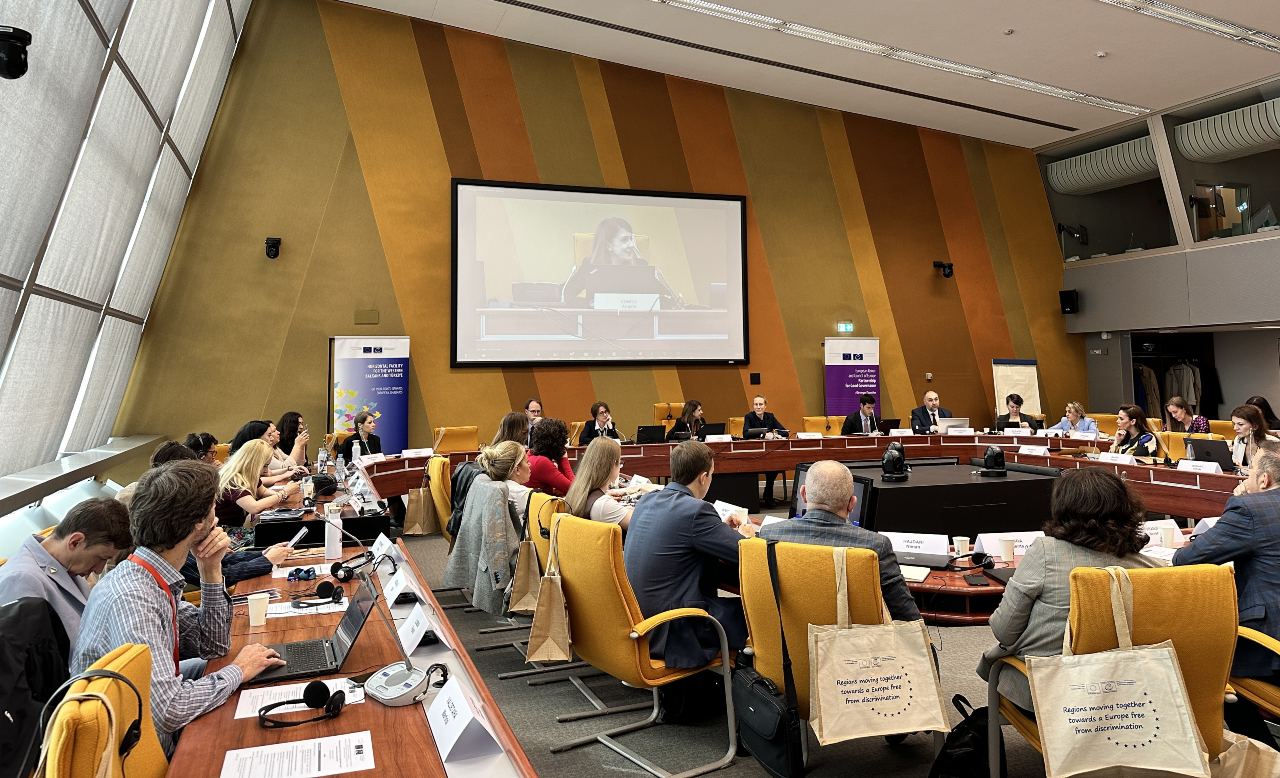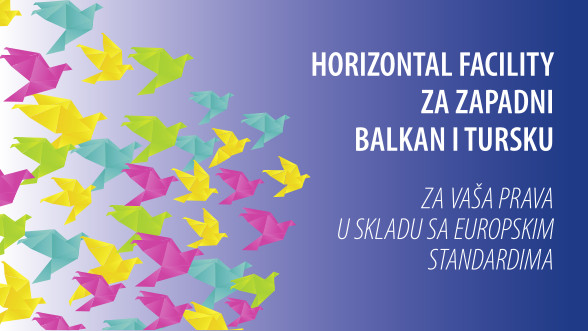A two-day workshop on addressing hate speech and hate crime took place at the premises of the Council of Europe in Strasbourg, involving Equality bodies from the Western Balkans and the Eastern Partnership regions. The event supported by the EU and Council of Europe, gathered 50 representatives from both regions who discussed and exchanged on the best practices, measures and common challenges when addressing hate speech and hate crime. Through monitoring and reporting, policy advocacy, raising awareness and supporting victims equality bodies play a fundamental role in protecting human rights and ensuring that all individuals are treated equally.
In her opening remarks, Angela Longo, Head of Anti-discrimination Co-operation Unit, Council of Europe, underlined the significant progress in engaging with Equality Bodies through this network, regularly exchanging best practices and addressing the challenges of hatred and intolerance in societies. She highlighted that this new chapter of discussion delves into the grey area between hate speech and hate crime, addressing issues of incitement and biases.
Representatives from Equality Bodies had the opportunity to discuss and enhance their knowledge on the Council of Europe's Committee of Ministers Recommendation to member States on combating hate crime, adopted on 7th May 2024, as well as gain a clearer understanding of EU standards in the field of hate crime. Moreover, participants engaged in exchanges with peers from the Spanish Observatory on Racism and Xenophobia (OBERAXE), who shared insights on addressing hate speech in the public discourse. The National Office Against Racial Discrimination (UNAR) in Italy provided practical examples for developing counter-narratives and raising awareness initiatives.
They also explored opportunities to advocate for legislative reform, foster multisectoral co-operation, enhance data collection, and overall improve national mechanisms to counter hate crimes.
This seminar was organised within the action “Promoting equality and combating racism and intolerance in the Western Balkans” and the project “Promoting equality and non-discrimination: towards more resilient and inclusive societies” – co-funded by the European Union and the Council of Europe, and implemented by the Council of Europe under the joint Programmes “Horizontal Facility for the Western Balkans and Türkiye” and “Partnership for Good Governance”.


